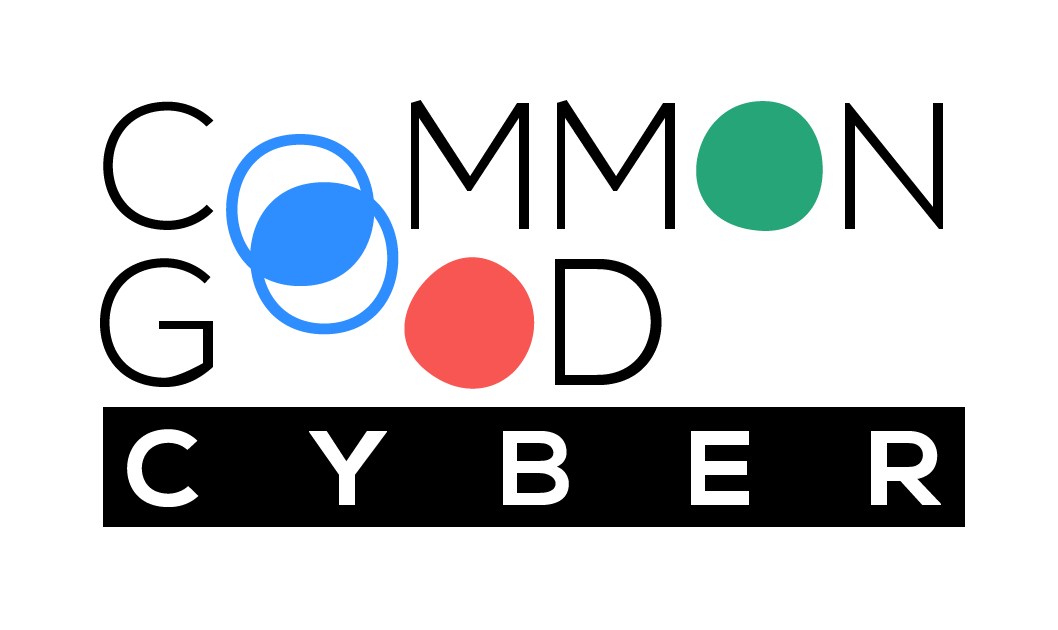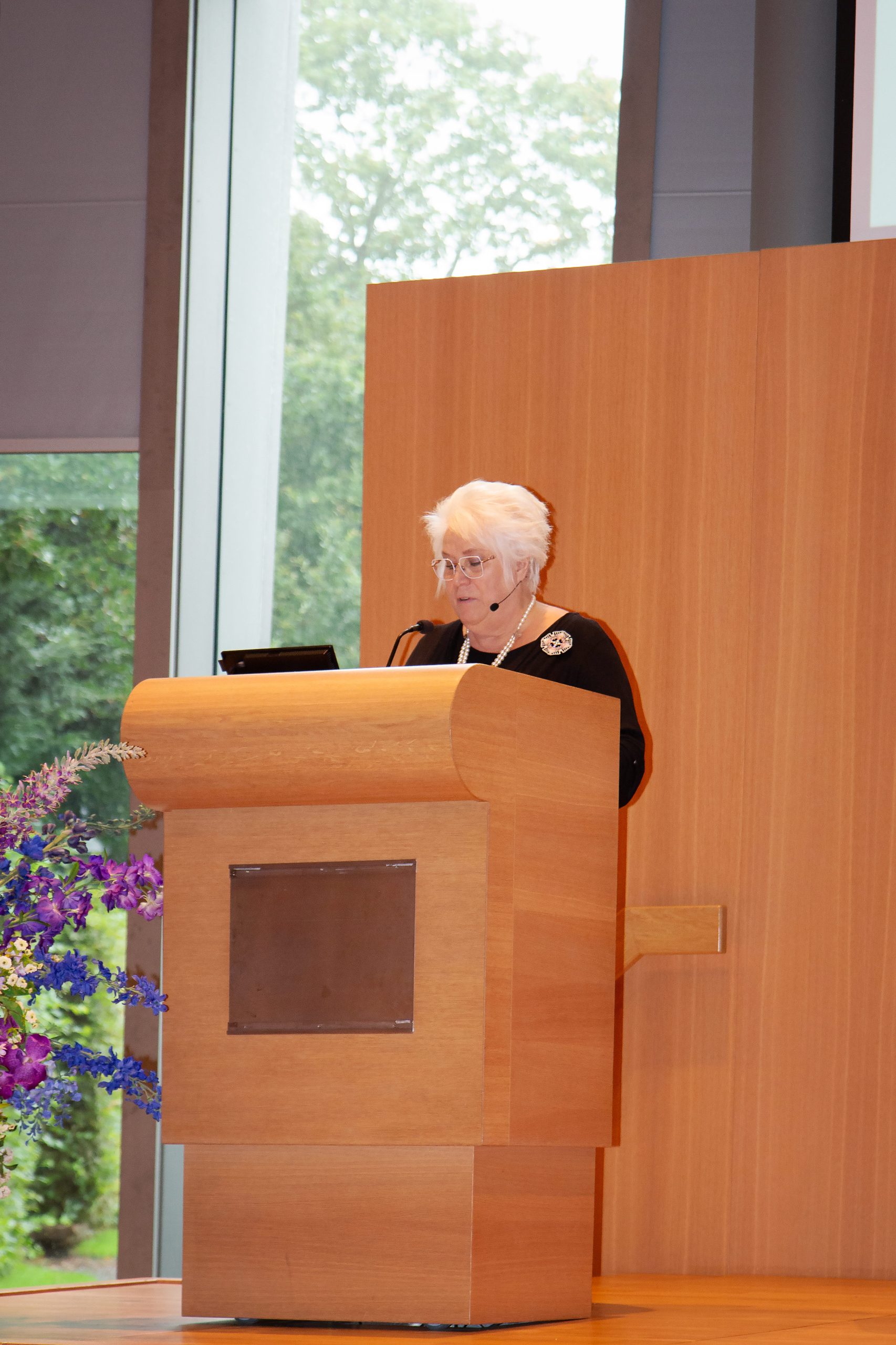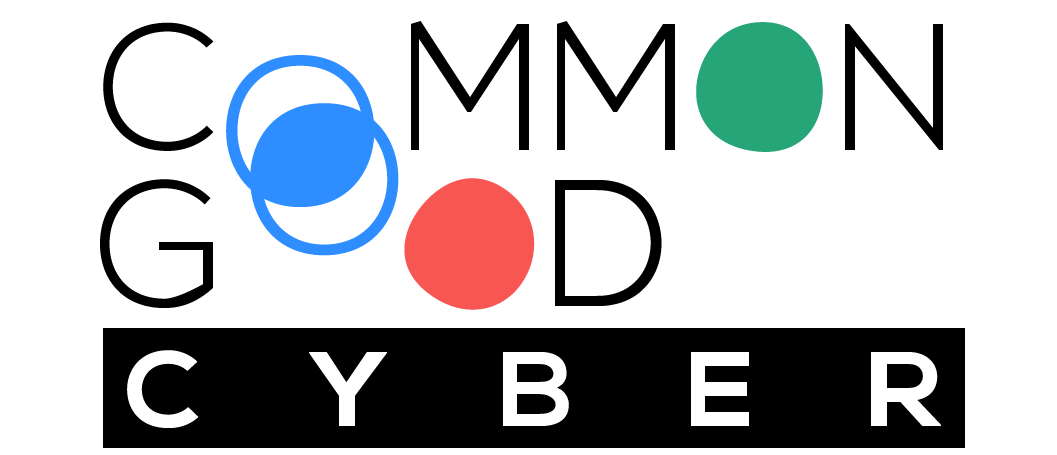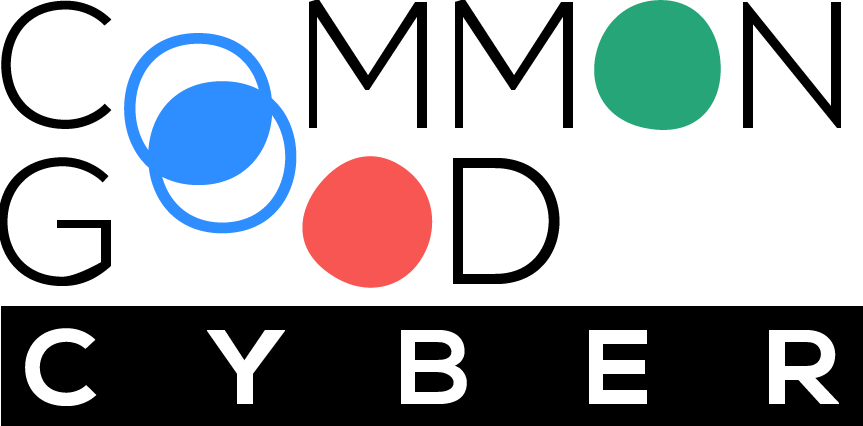The following is an abridged version of the speech from Marina Kaljurand, Member of the European Parliament, at the Beyond 125: Securing Our World’s Digital Future event on 30 September 2024 in The Hague.
Good afternoon
It is my pleasure to be here today. Thank you to the organisers: the City of The Hague, the CyberPeace Institute, and the Global Cyber Alliance.
It’s an honour to be speaking at the historic Peace Palace, marking the 125th anniversary of The Hague Peace Convention.
It makes me very proud that it was an Estonian, Friedrich Martens, who was the delegate of Russia at the Hague Peace Conferences of 1899. Friedrich Martens read a declaration which led to the Martens Clause, an early international law concept first introduced into the preamble of the 1899 Hague Convention II.
The Clause was introduced as compromise wording for the dispute between the Great Powers who considered francs-tireurs to be unlawful combatants subject to execution on capture, and the smaller states who maintained that they should be considered lawful combatants. It reads as follows:
Until a more complete code of the laws of war is issued, the High Contracting Parties think it right to declare that in cases not included in the Regulations adopted by them, populations and belligerents remain under the protection and empire of the principles of international law, as they result from the usages established between civilised nations, from the laws of humanity and the requirements of the public conscience.
— Convention with respect to the laws of war on land (Hague II), 29 July 1899.
The clause was added to the Geneva Convention additional protocols of 1977 recalling that, in cases not covered by the law in force, the human person remains under the protection of the principles of humanity and the dictates of the public conscience.
This foundational work done 125 years ago, aimed at building peace and justice, is now deeply intertwined with the digital realm.
Today, our global systems—diplomatic, economic, and humanitarian—are increasingly dependent on a secure and resilient digital infrastructure.
Nonprofit organisations and volunteers tirelessly work behind the scenes to safeguard the Internet and high-risk communities, often with minimal resources.
Their work maintaining critical cybersecurity tools, platforms, and services allows civil society organisations to operate safely and securely.
Examples:
- Capacity building support: GCA Cybersecurity Toolkit for Mission-Based Organisations offers a collection of free-to-the-user resources, removing the financial barrier to cybersecurity solutions; CyberPeace Builders matches technical needs with expertise, removing the barrier to skilled workforce.
- Emergency response teams for cyberattacks: The Access Now Digital Security Helpline, providing 24/7 free of charge technical support for journalists, activists, and human rights defenders; FIRST, the Forum of Incident Response and Security Teams, enables response teams globally to more effectively respond to security incidents – reactive as well as proactive.
- Global threat-sharing initiatives: The Shadowserver Foundation or the Cyber Threat Alliance efforts helping to identify and mitigate threats at scale. By reducing the prevalence of these threats in the wider Internet ecosystem, they allow everyone to operate more securely.
Despite their essential role in maintaining cybersecurity, they are often overlooked, undervalued, and underfunded.
Just as we view clean air, water, and a peaceful society as essential to all, cybersecurity must be seen as a global common good, critical for the stability of peace and justice.
Securing the Internet is not just a technical issue but a moral imperative, as it underpins the very fabric of modern global peace and justice efforts.
To achieve that, we need to build a culture of collaboration, where governments, philanthropies, private companies, and nonprofit organisations work together to fortify the digital infrastructure for the greater good. Like the efforts we undertook at the Global Commission on the Stability of Cyberspace (GCSC) and I’m so happy to see some of my former colleagues here today.
The vision of the Peace Palace remains alive today: securing global peace and justice, but now extended into the digital realm.
Cybersecurity as a common good is not just a technical issue—it’s foundational to peace and justice in the 21st century.
We must protect those who protect our digital world—those working tirelessly, often invisibly, to secure the Internet for all.
A united effort to support and sustain these vital cybersecurity efforts is essential to securing our world’s digital future, and by extension, the peace and justice that underpin it.
Let us build a digital future where security, peace, and justice coexist, just as the architects of the Peace Palace and Friedrich Maartens envisioned 125 years ago.
Thank you.



